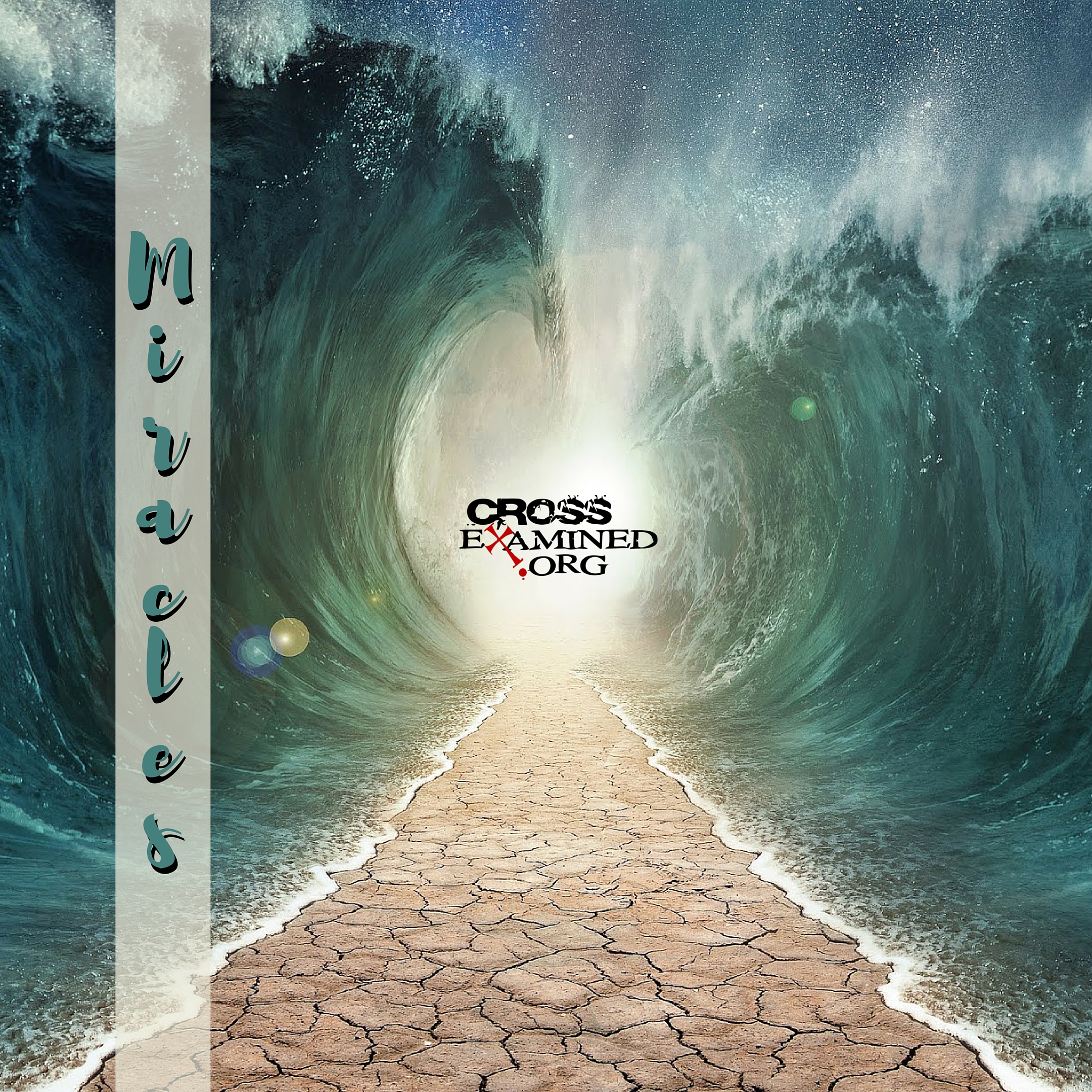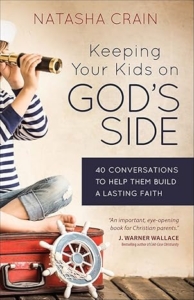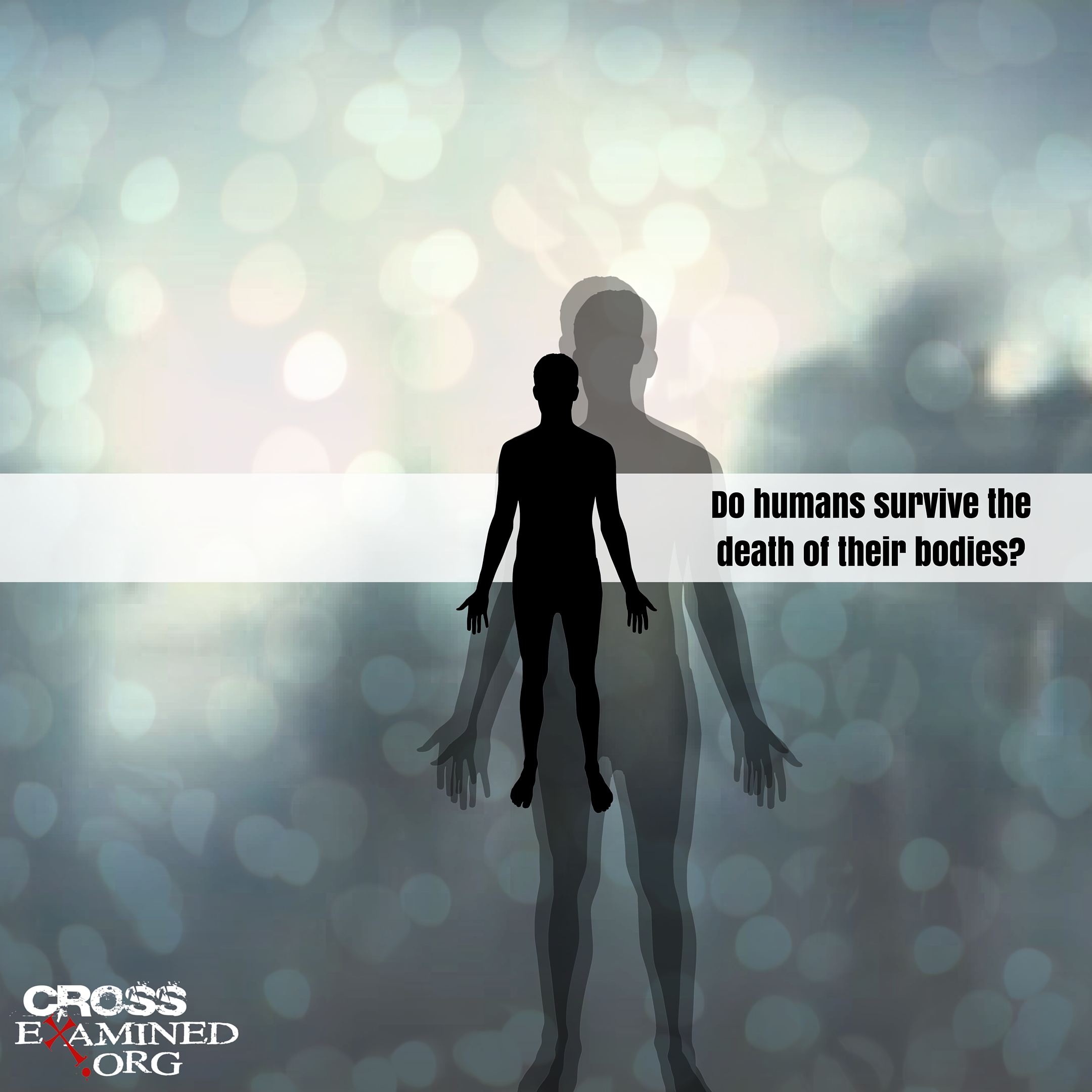My former attorneys at the Alliance Defending Freedom (ADF) recently filed a lawsuit they never should have had to file. In the suit, they are representing a Christian student group at North Carolina State University (NCSU). At issue is an NCSU policy requiring a permit for any kind of student speech or communication anywhere on campus. This policy is a direct affront to the First Amendment, which is the only permit needed to speak on a public university campus.
The policy itself is outrageous. To make matters worse, NCSU only selectively enforces the policy as they did against the plaintiffs, Grace Christian Life, which is a registered student organization. Elevating audacity to a Zen art form, petty university officials told these Christians that they needed a permit to speak with other students in, of all places, the student union.
The controversy began in September of 2015 when NCSU officials demanded members of Grace Christian Life stop approaching other students in the Talley Student Union to engage in religious discussions or even to simply invite them to attend Grace Christian Life events. So the group cooperated and obtained a permit to set up a table in the student union in January.
When Grace Christian Life set up its “approved” table they were told that they could speak with other students either from a) behind the table or b) anywhere in the room. However, when the students left the table on the permitted date, a member of the Student Involvement Office approached them and told them they must stick with option “a” and remain behind the table.
The legally insurmountable problem for NCSU is that the university has not placed the same restriction on any other group. Grace Christian Life members observed and wisely documented other groups freely speaking with other students and handing out literature. These groups have done so either without a permit or outside of the area reserved by their permit. The suit alleges that the groups have done so in full view of the very same officials that stopped Grace Christian Life from engaging in their First Amendment protected activity.
NCSU claims authority to do this under University Regulation 07.25.12, which requires a permit for speech the policy defines as “any distribution of leaflets, brochures, or other written material, or oral speech to a passersby (sic)….” Furthermore, the policy specifies that any person “wishing to conduct any form of solicitation on University premises must have the written permission of Student Involvement in advance.”
The NCSU policy is so broad that it makes no distinction between commercial and non-commercial speech such as the religious speech at issue in the case at hand. To borrow a phrase from the late Justice Scalia, if this policy is narrowly tailored it is by the standards of Omar the Tentmaker rather than Versace.
The NCSU speech permit controversy is just the latest in a seemingly endless string of embarrassing episodes on our nation’s campuses. Each episode is just another pathetic re-run with precisely the same plot:
A university policy says ones thing. The Constitution says another. The university maintains that their handbook trumps the Constitution. The court rules that the Constitution trumps the handbook. In the wake of an embarrassing defeat brought on by willfully uneducable educators, the public is left footing the bill for attorney fees and damages.
To make matters worse, this incident never could have taken place at the University of North Carolina-Chapel Hill (UNC-CH). After years of trampling the First Amendment, UNC-CH got rid of all of its unconstitutional policies – thus earning a “green light” rating from the Foundation for Individual Rights in Education (FIRE). The people at FIRE only give these ratings to schools without any policies that threaten free speech. Sadly, only 22 of our nation’s universities have earned that “green light” distinction.
It is a sad irony that a progressive campus like UNC-CH now shows greater tolerance for Christian speech than a more conservative university like NCSU. For that reason alone, alumni should demand that NCSU administrators stop defending the indefensible and tarnishing the school’s reputation.
After years of reporting on campus free speech cases, I have come to realize that most college administrators need to be sent back to high school to take basic civics. Those who still don’t get it need to be schooled in a court of law.
Dr. Mike Adams is a Professor of Criminology at the University of North Carolina at Wilmington, and author of several books including Letters to a Young Progressive: How to Avoid Wasting Your Life Protesting Things You Don’t Understand.
This column was originally published at TownHall.com: http://bit.ly/2DRJQV8










